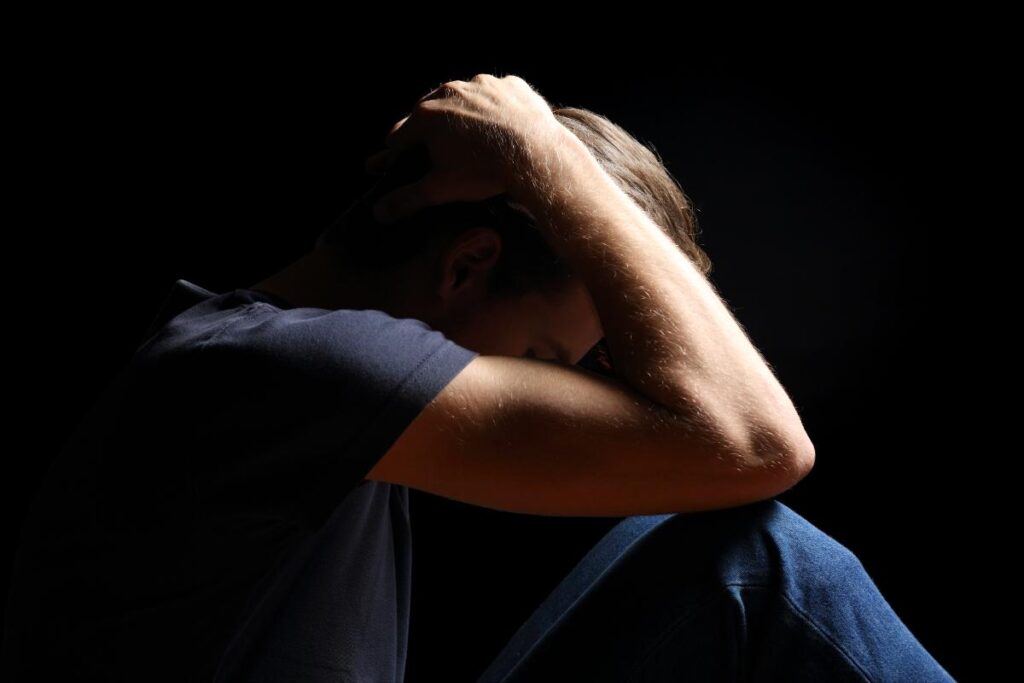Today, marijuana products like CBD are increasingly common. While marijuana has been used medicinally and recreationally for centuries and is now legal in many states, it can be addictive. Both Tetrahydrocannabinol (TCH) and cannabidiol (CBD) edibles can lead teens to addictive behaviors and can be a sign of underlying issues in need of treatment. A drug abuse treatment program for teens is the best way to determine if your teen’s CBD use is problematic.
If your teen or a teen boy in your life needs drug abuse treatment, call Foothills at Red Oak Recovery to learn more about our programs for adolescent boys. Reach our North Carolina clinic at 866.300.5275 for more information on the side effects of CBD edibles among teens.
What Are CBD Edibles?
Many parents remember their own adolescent experiments with marijuana edibles. Today, the edibles market has completely changed now that CBD, the pain-relieving chemical in marijuana, is legal. Unlike THC, CBD does not have hallucinogenic effects, making it more common and widely accessible to teens. In edible form as gummies, chocolates, and other candies, CBD is often used to lessen muscle and joint pain and to help promote sleep. While this chemical may have benefits, it can lead to addiction. Because CBD relieves pain, many teens may turn to edibles to relieve mental and emotional pain. In these cases, chronic marijuana use is usually a sign of underlying mood and mental health disorders in need of treatment and psychiatric support.
Side Effects of CBD Edibles
While CBD may seem less harmful to teens than alcohol or illicit drugs, common side effects can cause long-term problems. Some common side effects of CBD edibles include:
- Dry mouth
- Nausea
- Dizziness
- Diarrhea
- Liver problems
- Drowsiness
Like other drugs, CBD can interact with medications, and long-term use can cause liver problems. Persistent diarrhea can cause dehydration and malnutrition. While CBD can help promote sleep for short-term use, long-term use can lead to dependency.
The most important thing for parents to remember about CBD and other cannabinoids is that, while many are legal, they remain unregulated by the FDA. This makes it hard to regulate the dosage and knows exactly how much CBD someone is taking at one time. For teenagers, consistent drug use can interfere with hormones and adolescent brain development.
CBD Edibles and Teenage Drug Abuse
Edibles may seem harmless. Because it’s hard to know what is in a CBD edible, it’s best for teens to avoid them or use them when recommended by a doctor for chronic pain, injury, or temporary insomnia relief. However, any use of edibles with CBD or THC is likely a sign that a teen is suffering from unprocessed trauma, mood disorders, or prolonged stress. The numbing mind and body effects of CBD only provide temporary relief for the deeper issues. If underlying mood disorders and trauma go untreated, it’s like CBD use and abuse will lead to other substance abuse.
Begin Teen Drug Abuse Treatment at Foothills at Red Oak Recovery Today
If you’re worried about your teen and CBD edibles, know you’re not alone. The rise in popularity of CBD has made edibles accessible, popular, and often a better choice than more addictive painkillers. For CBD use among teens, it’s essential to understand what type of pain, anxiety, and stress they need to relieve.
If your son or a teen boy in your life is regularly consuming edibles, they may struggle with co-occurring disorders. They may also have a CBD dependency.
The staff at Foothills at Red Oak Recovery is here to help you uncover the root cause of using substances to cope, including CBD, and find holistic alternatives for treatment. Our beautiful North Carolina drug abuse treatment center helps adolescent men from all walks of life recover from substance use, process addiction, disordered eating, and mood disorders. Foothills at Red Oak Recovery focuses on holistic healing with equine-assisted therapy to help teen boys disconnect from social pressures and find themselves in the beautiful North Carolina landscape. Learn more about our programs by calling 866.300.5275 today.

